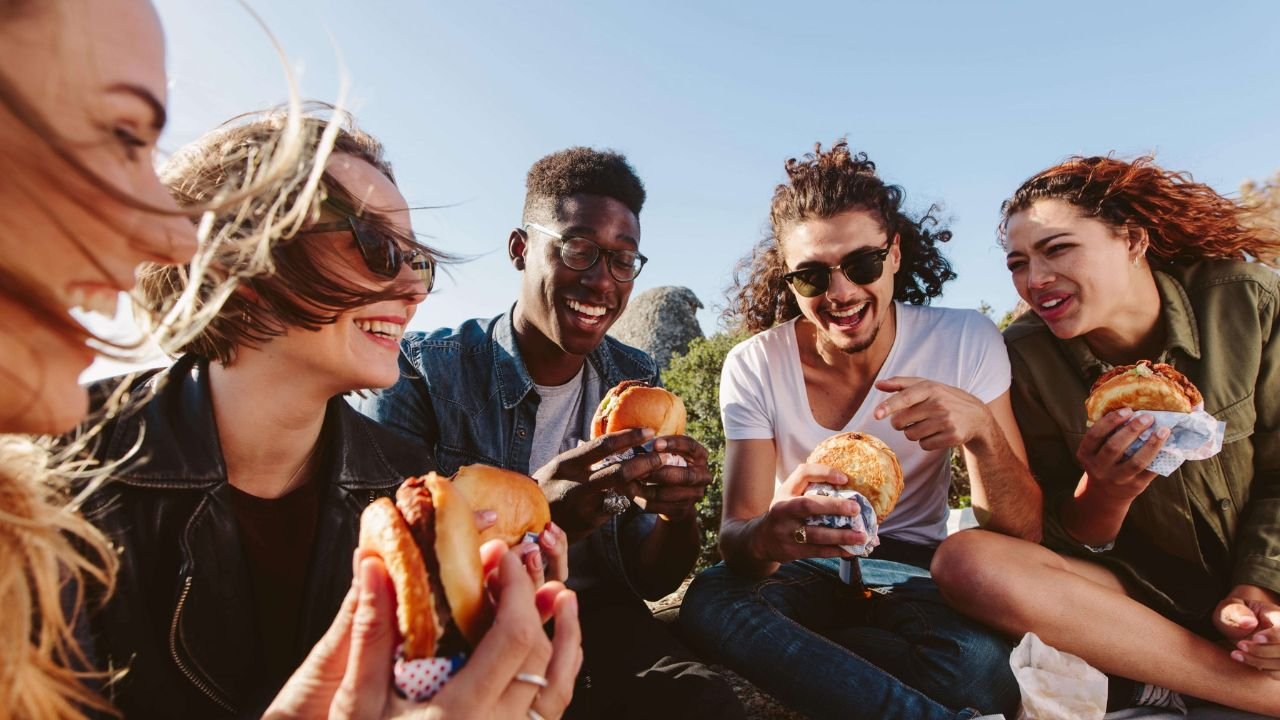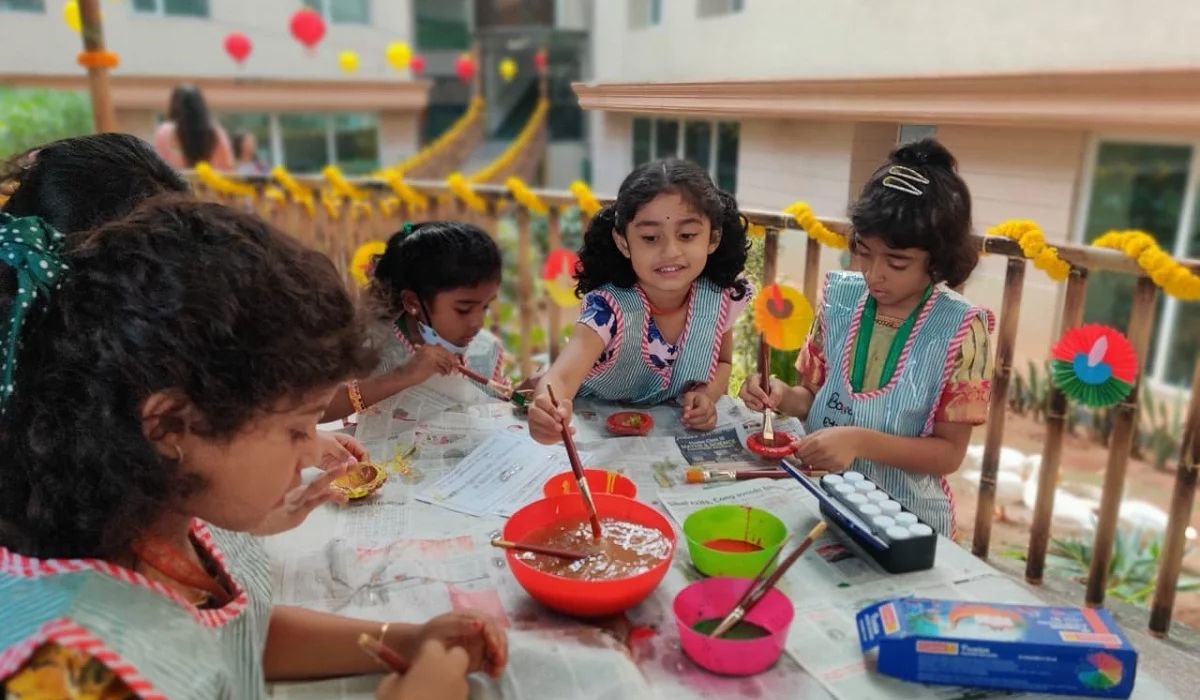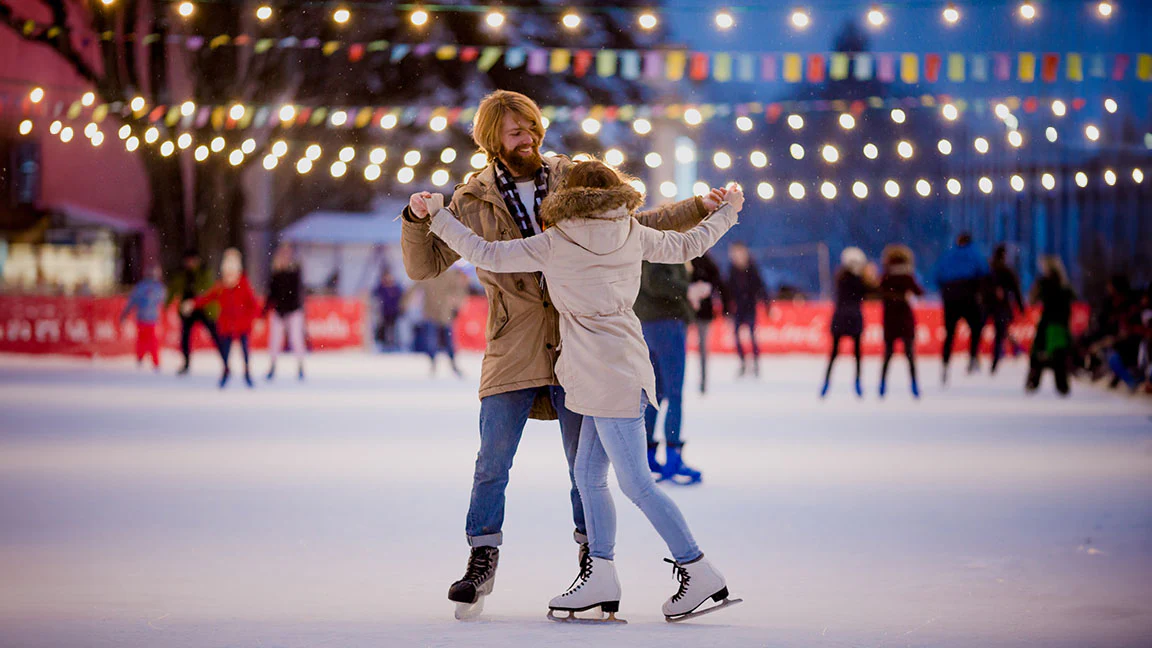When you decide to quit drinking, it doesn’t always come with a big announcement. Sometimes it’s quiet, just you and the thought you’ve been pushing away for years. Maybe you had one bad night too many. Maybe mornings started to feel harder than they should. Or maybe it’s just been a slow crawl toward the kind of life where you want to remember what happened last night without piecing it together like a puzzle.
But then comes the question no one says out loud: Will people still want me around if I’m not the one making everything wild and funny? Can I even have fun without it? Or worse—will I be boring now?
Let’s talk about that.
The Life of the Party Lie
Being “fun” has always had this secret handshake: you drink, you stay out late, you get loud, you loosen up. That’s how you prove you’re one of them. Somewhere along the line, alcohol became the ticket to being seen as relaxed, social, spontaneous. The life of the party isn’t the one sipping water in the corner, right? That’s what most people think.
But here’s the twist—if you take a step back, most of those wild nights all start to blur. The same stories get told over and over. You start to wonder if anyone’s actually having fun or just trying to keep the show going. Sometimes, you’re the one doing the most shots, not because you want to, but because you think it’s expected. That kind of pressure builds a wall between who you are and who you think you need to be to stay loved, included, or interesting.
You don’t need to live up to a version of yourself that only exists with a drink in hand.
Where the Real Shift Happens
There’s a part of quitting drinking no one tells you about. It’s not just about removing something. It’s about what happens when you finally give your body and brain a break. Everything gets clearer, but not in a peaceful zen garden kind of way—at first, it’s loud. The thoughts come rushing in. Old emotions that alcohol used to quiet now want their time at the mic. It’s messy, and sometimes it feels like you’re unraveling.
This is where a lot of people give up. But it’s also where something begins. A reset. Your sleep gets better. Your moods stop bouncing off the walls. You start noticing what actually makes you laugh—not perform-laugh, but real belly laugh. The kind you feel in your ribs.
But healing doesn’t always happen on its own. Sometimes you need structure. Sometimes you need people who get it, who’ve walked through the same fire. That’s where an alcohol detox center can change the story. Not every place is cold and clinical. There are spaces designed to make you feel safe, human, and not judged. They help your body through withdrawal, yes—but they also start teaching you how to be in your own skin again. How to get through a Saturday night without the usual escape route. You might meet people who remind you that joy doesn’t live in a bottle—it lives in connection, movement, music, and moments that don’t require a hangover the next morning. And once your body stabilizes, your mind starts to believe that too.
Making a New Kind of Fun
The truth? Not drinking might make some people uncomfortable. That’s not your problem. The people who only want you around when you’re sloppy, loud, and trying to be someone else aren’t really interested in you. They’re chasing something they’re scared to admit is empty.
You can still dance. You can still laugh so hard you snort. You can still be the person who plans something spontaneous and ridiculous. You just remember all of it now. And that makes it better.
Fun changes after alcohol. It gets quieter sometimes, but also richer. You start doing things you actually like, not just what fills the silence. You might pick up an old hobby that used to bring you joy before you buried it under years of trying to keep up. Maybe you spend a night painting with your hands and blasting music. Or maybe you hike with someone and talk for hours. There’s no hangover at the end. Just presence.
Friendships That Shift and Stay
One of the hardest parts of quitting is realizing how many friendships were built around drinking. You might have people in your life who don’t know how to hang out without it. That’s okay. Some of them will fade. That hurts, but it also makes room.
The people who stay are usually the ones who liked you before all the party tricks. And when you meet new people in your sober life—through a class, a meetup, or a recovery group—they get to know the version of you that doesn’t rely on alcohol to be liked. That version is more grounded, more curious, more real.
Sometimes you find that people open up to you more when you’re sober. It’s like they finally feel safe to be honest. And when you laugh with someone now, it’s not through a fog. It’s real. It sticks with you.
What About Dating and Big Events?
This is the question that makes most people pause: How do I date if I’m not drinking? Won’t people think I’m boring? Won’t the conversation feel stiff?
It might at first. You’re relearning how to connect without a shortcut. But you also skip the confusion, the mixed signals, the blurry lines. You know what someone’s actually like. You know what you’re like, too.
As for weddings, parties, work happy hours—you get to decide what you’re up for. Some people bring a non-alcoholic drink and stay an hour. Others leave when it starts to get messy. And some? They dance harder than anyone, because they’re fully in their body and not worried about what happens if they let go.
Rewriting What Fun Means
You don’t have to earn your spot in the room by being wild or over-the-top. Fun doesn’t have to come with proof the next morning. It doesn’t need photos, or likes, or stories that start with “you won’t believe what I did.”
It can look like quiet mornings, deep talks, loud music, goofy games, laughing until you cry, or just feeling free in your own head. You get to decide what fun means to you now.
In the end, the people who are really fun aren’t the ones trying the hardest. They’re the ones who feel good just being themselves. And when you stop drinking, you might just find that person again—or meet them for the first time.



